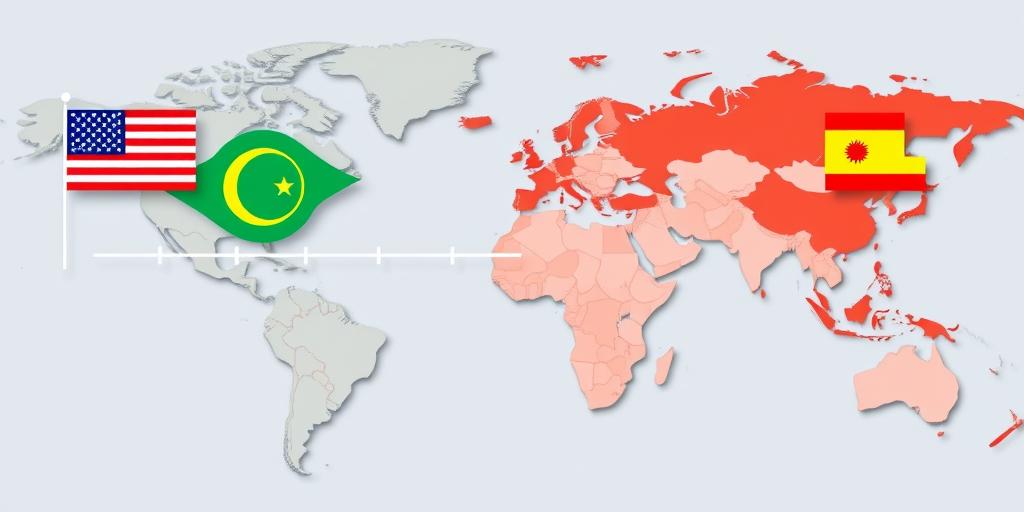The Role of Regional Organizations in Border Conflicts
Border conflicts, often rooted in historical, ethnic, economic, or political factors, pose significant threats to regional and international stability. In many instances, regional organizations play a crucial role in managing and resolving these conflicts. This post examines the multifaceted involvement of regional bodies in border disputes, highlighting their mechanisms, successes, and limitations.
Defining Regional Organizations and Their Mandate
Regional organizations are entities formed by states within a specific geographical area to foster cooperation and address common challenges. Examples include the African Union (AU), the Association of Southeast Asian Nations (ASEAN), the European Union (EU), and the Organization of American States (OAS). Their mandates often encompass conflict prevention, mediation, peacekeeping, and post-conflict reconstruction.
Mechanisms for Conflict Resolution
Regional organizations employ various mechanisms to address border conflicts:
- Mediation and Dialogue: Facilitating negotiations between conflicting parties is a primary tool. High-level representatives or special envoys are often dispatched to mediate discussions and find common ground.
- Fact-Finding Missions: These missions gather information on the ground to ascertain the root causes of the conflict and assess the validity of claims made by each party.
- Peacekeeping Operations: Deploying peacekeeping forces to monitor borders, enforce ceasefires, and protect civilians can prevent escalation.
- Arbitration and Adjudication: Some organizations offer formal arbitration or judicial mechanisms to resolve disputes based on international law.
- Sanctions and Diplomatic Pressure: Applying sanctions or exerting diplomatic pressure on parties that refuse to engage in peaceful resolution can compel compliance.
Successes and Examples
Several instances demonstrate the positive impact of regional organizations in resolving border conflicts:
- The African Union (AU): The AU has been instrumental in mediating border disputes in Africa, such as the Ethiopia-Eritrea border conflict. Its efforts have included deploying peacekeeping missions and facilitating negotiations.
- The Association of Southeast Asian Nations (ASEAN): ASEAN has promoted peaceful resolution of border disputes among its member states through the Treaty of Amity and Cooperation, which emphasizes dialogue and non-interference.
- The European Union (EU): While not primarily focused on border conflicts within the EU, the EU's framework promotes cooperation and integration, reducing the likelihood of disputes escalating among member states. The EU has also played a role in mediating conflicts in its neighboring regions.
Limitations and Challenges
Despite their potential, regional organizations face several limitations:
- Lack of Resources: Many regional organizations, particularly in developing regions, suffer from inadequate funding, logistical support, and trained personnel, hindering their effectiveness.
- Political Constraints: Member states' political interests and sovereignty concerns can undermine the impartiality and effectiveness of interventions.
- Enforcement Issues: Enforcing decisions or sanctions can be challenging if member states are unwilling to comply or lack the capacity to do so.
- External Interference: Interference from external actors can complicate conflict resolution efforts, especially when major powers support different sides of a dispute.
Conclusion
Regional organizations play a vital role in addressing border conflicts by providing mechanisms for mediation, peacekeeping, and dispute resolution. While they have achieved notable successes, they also face significant limitations related to resources, political constraints, and enforcement. Strengthening the capacity and mandates of these organizations is essential for promoting peaceful and sustainable solutions to border disputes, thereby fostering regional stability and cooperation.









